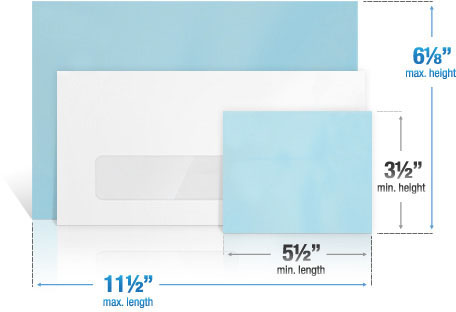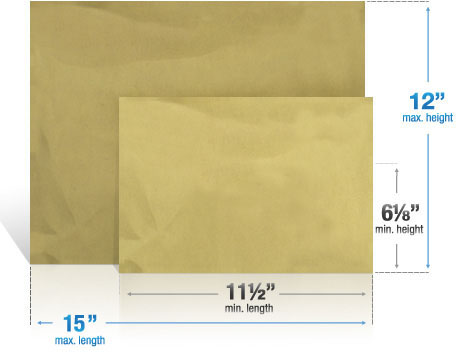If you ship as a large envelope, it won't need a customs declaration.
The United States Postal Service® monitors outbound international packages to ensure mailers comply with U.S. Government export laws and regulations. These laws and regulations establish export controls on certain U.S. commodities, as well as restrictions on specific individuals, both senders and recipients, and countries.
U.S. export laws and regulations govern international shipments via private carriers and the Postal Service™, including items sent as Global Express Guaranteed® (GXG®), Express Mail International®, Priority Mail International®, First-Class Mail International®, International Priority Airmail™ (IPA®), International Surface Air Lift® (ISAL®), and Global Bulk Economy™.
The Postal Service is dedicated to moving outbound international parcels as quickly and efficiently as possible. To avoid delays, as a mailer, you are responsible for…
- Knowing and complying with restrictions on what can be mailed internationally.
- Ensuring that all required information, including the contents of parcels, are listed completely and accurately on the appropriate customs forms.
- Providing the required Internal Transaction Number (ITN) on the customs declaration form before mailing items with a value of more than $2,500, unless exempt under Census Bureau regulations. Ensure the ITN or exemption legend is clearly indicated on the customs declaration PS Form 2976-A in block 11.



